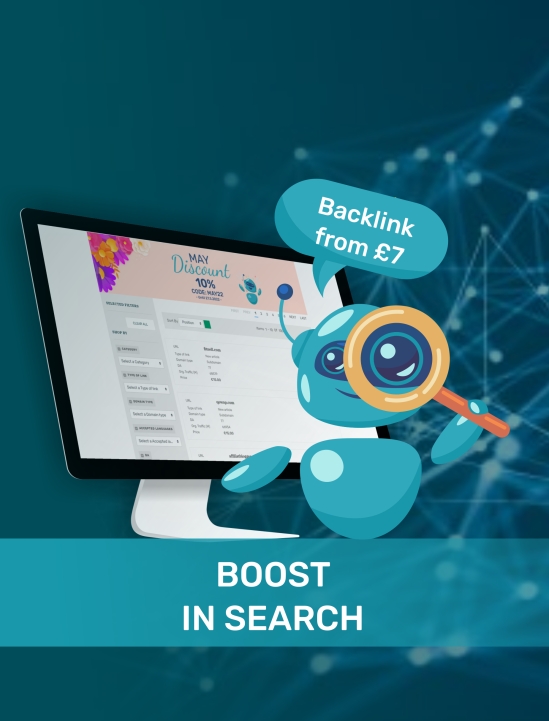In the ever-evolving landscape of technology, mobile app developers stand at the forefront of innovation, transforming simple ideas into digital realities that fit in our pockets. As the world grows increasingly reliant on smartphones for everything from daily communication to sophisticated business operations, the role of the mobile app developer has never been more critical. This article delves into the multifaceted world of mobile app development, offering insights into the responsibilities, required skills, current trends, and the overall impact of mobile applications in today's digital age.
Understanding the Role
Mobile app developers are specialized software engineers focused on designing, creating, testing, and maintaining applications for smartphones and tablets. These professionals work within a dynamic field that requires a blend of creative thinking, technical expertise, and an understanding of current trends to produce applications that engage and retain users.
Developers can specialize in different platforms, such as Android, iOS, or cross-platform technologies, which allows them to build apps that run on multiple systems with a single codebase. Their work doesn't stop at launch; post-deployment, they monitor app performance, user feedback, and technological advancements to iterate and update the app accordingly.
Skills and Qualifications
The skill set of a mobile app developer is diverse, blending technical proficiency with soft skills. Key technical skills include:
- Programming Languages: Knowledge of Swift and Objective-C for iOS apps, Kotlin and Java for Android, and JavaScript frameworks for cross-platform development.
- UI/UX Design: An understanding of design principles to create intuitive and attractive user interfaces.
- Backend Computing: Familiarity with server-side computing, database management, and cloud services to ensure the app functions seamlessly.
- Security: Expertise in implementing robust security measures to protect user data.
Equally important are soft skills such as problem-solving, teamwork, and effective communication, which facilitate collaboration with other developers, designers, and stakeholders.
Trends Shaping the Future
The mobile app development industry is characterized by rapid changes and innovation. Current trends include:
- Artificial Intelligence and Machine Learning: Integrating AI to personalize user experiences and improve app functionality.
- Augmented Reality (AR) and Virtual Reality (VR): Creating immersive experiences for entertainment, education, and training apps.
- Blockchain Technology: Enhancing security and transparency in apps, particularly in finance and supply chain sectors.
- Internet of Things (IoT): Developing apps that interact with smart devices, automating and enhancing daily tasks.
The Impact of Mobile Apps
Mobile apps have revolutionized the way we live and work, offering unparalleled convenience, access to information, and connectivity. They've transformed industries, from retail with e-commerce apps to healthcare through telemedicine services, proving to be a cornerstone of digital strategy for businesses worldwide.
Becoming a Mobile App Developer
For those interested in pursuing a career as a Mobile App Developer, a strong foundation in computer science, coupled with continuous learning to keep up with new technologies, is essential. Whether through formal education or self-study, aspiring developers should focus on building a robust portfolio of projects to showcase their skills.
Mobile app developers play a pivotal role in today's digital ecosystem, creating the applications that power our daily lives. As technology continues to advance, the demand for skilled developers will only grow, making it an exciting and rewarding career path for those with the passion and perseverance to dive into the world of mobile app development.


